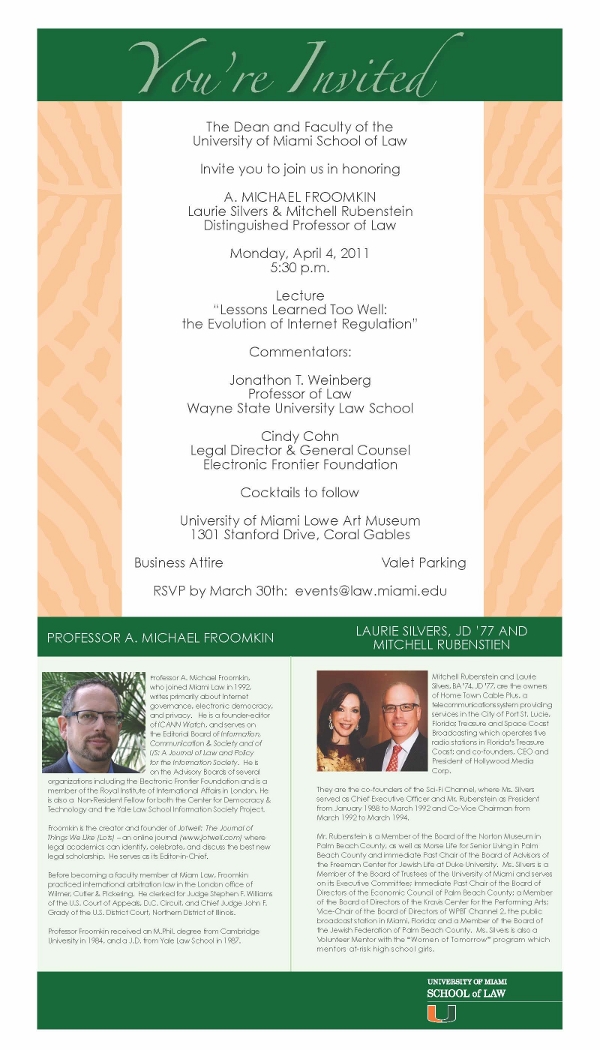I thought there was a lot of merit to most of the ideas in this discussion of persuasive legal writing at SCOTUSblog.
I particularly agree with this part:
What makes persuasive writing so hard?
To succeed, you have to imagine a highly skeptical, highly impatient reader who will never care as much about your case or appeal as you do—and then ask yourself how you can somehow grab that reader’s attention and sustain it page after page.
I just don’t think that most advocates—legal or otherwise—imagine an actual person reading their work, let alone think about how to sway that person to their cause. That may be one of the reasons briefs used to be better when lawyers dictated them. Dictation is at least one step closer to actual communication.
You also have to channel whatever passion you feel into clarity and creativity, not into the anger and self-righteousness that drive so many motions and briefs.
Finally, the apparatus of brief-writing—the citations, record cites, defined terms, footnotes, and case discussions—can easily mask flaws in the prose and in the logic itself.
In your book, you write that advocates should “show, not tell,” in their facts statement, letting choice details speak for themselves. Why is it important to let the reader come to her own conclusions about the facts?
The people who read lawyers’ work—judges and other lawyers—are highly educated and often cynical. If your fact section sounds like argument, they’ll dismiss it as spin. Fiction readers don’t want to be told that March 1 was a warm day in Washington, DC. They want to be shown that the plaintiff’s clothing stuck to his skin just seconds after he stepped outside his apartment. Judges are similar. They don’t want to be told in a fact section that the defendant engaged in dilatory tactics throughout discovery. They want to be shown that on four occasions, defendant missed a discovery deadline and then provided incomplete responses requiring weeks of further delay.
Bottom line: We are inclined to believe our own conclusions, but we resist conclusions that someone else is trying to shove down our throat.
Surely that last point applies more generally?
[Title corrected]


